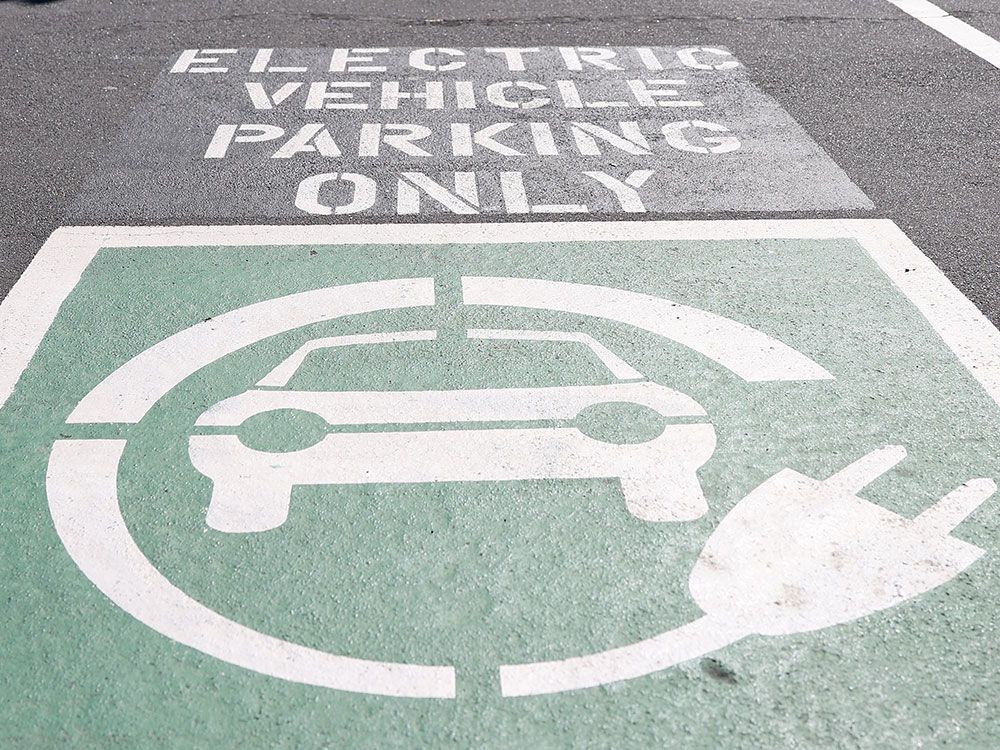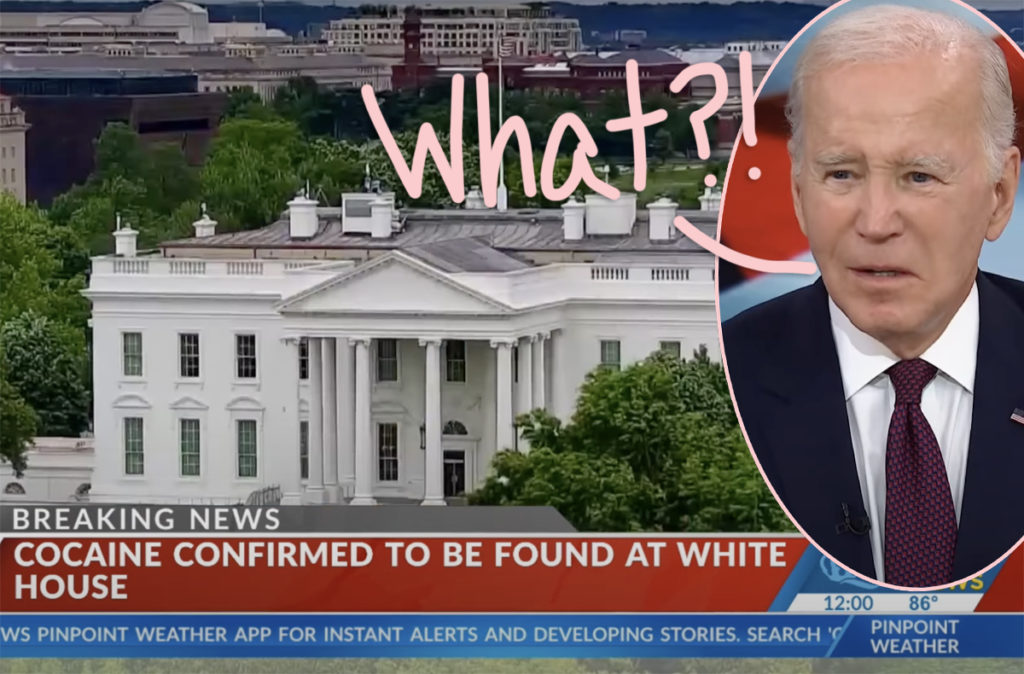Electric Vehicle Mandate Opposition Gains Strength Among Dealers

Table of Contents
Financial Concerns and Infrastructure Readiness
The financial implications of complying with electric vehicle mandates are a major source of concern for auto dealers. Many dealerships face substantial upfront costs and uncertainty regarding the long-term profitability of EV sales.
High upfront investment costs for dealerships
Transitioning to a predominantly EV sales model requires significant investment from dealerships. This includes substantial expenditures in several key areas:
- Expensive charging station installation: Installing and maintaining EV charging stations requires significant capital outlay, especially for dealerships with limited space or older infrastructure. The cost of fast-charging stations is particularly high.
- Need for certified EV mechanics: EV repair and maintenance require specialized training and tools, necessitating investment in technician training and new equipment. Finding and retaining qualified EV mechanics is also a growing challenge.
- Showroom redesign costs: Showrooms may need to be redesigned to showcase EVs effectively and integrate charging infrastructure. This adds to the overall financial burden, particularly for smaller dealerships with limited budgets.
The lack of sufficient government support for infrastructure upgrades further exacerbates these challenges. Many dealers feel the burden of EV mandate compliance is disproportionately placed on them without adequate compensation or assistance.
Uncertainty surrounding EV profitability
Profit margins on EVs are often lower compared to gasoline-powered vehicles, creating uncertainty about the long-term financial viability of focusing on EV sales. Several factors contribute to this concern:
- Lower profit margins per vehicle: The competitive nature of the EV market and the higher production costs associated with EVs can lead to lower profit margins for dealers.
- Inconsistent EV demand: The EV market is still developing, with fluctuating demand impacting inventory management and profitability. This unpredictability makes it difficult for dealers to plan for the future.
- Range anxiety concerns impacting customer decisions: Consumer concerns about EV range and the availability of charging infrastructure can impact sales and create uncertainty for dealerships. Addressing range anxiety is critical to boosting EV sales.
Consumer Demand and Market Readiness
Even with government mandates, the success of EV adoption hinges on consumer demand and market readiness. Several challenges currently hinder widespread EV acceptance.
Concerns about consumer readiness for EVs
Many potential EV buyers remain hesitant due to several factors:
- Range anxiety: The limited range of some EVs and the perceived scarcity of charging stations remain significant barriers. Consumers worry about running out of charge, especially on long journeys.
- Charging time limitations: The time required to fully charge an EV is often longer than filling a gas tank, presenting an inconvenience for some consumers.
- High initial purchase price: The higher upfront cost of EVs compared to gasoline cars remains a major obstacle for many potential buyers, even with government incentives.
- Lack of public charging infrastructure in certain areas: Uneven distribution of public charging stations, particularly in rural areas, continues to stifle EV adoption.
Inadequate consumer education regarding EVs
A lack of consumer understanding regarding EV technology, maintenance, and charging contributes significantly to resistance. This necessitates targeted educational efforts:
- Limited awareness about government incentives: Many potential buyers are unaware of available government incentives and rebates that could make EVs more affordable.
- Misconceptions about EV maintenance: Some consumers have misconceptions about the maintenance requirements of EVs, leading to unnecessary apprehension.
- Lack of understanding about charging methods: The various charging methods and their implications can be confusing for consumers, leading to hesitancy.
Government Regulations and Support
The effectiveness of government regulations and support mechanisms plays a pivotal role in determining the success of the EV transition and shaping dealer response to EV mandates.
Lack of clarity and consistency in government regulations
Conflicting or unclear regulations surrounding EV mandates create significant uncertainty for car dealerships:
- Confusing regulations on EV infrastructure grants: The application processes and eligibility criteria for government grants related to EV infrastructure can be complicated and inconsistent.
- Varying state-level incentives: Differences in state-level incentives and regulations create inconsistencies across different regions, making it difficult for national dealerships to plan strategically.
- Lack of standardization across different EV models and charging standards: The lack of standardization adds to the complexity and increases the cost of compliance.
Insufficient government support for dealership transitions
Dealerships need substantial financial and logistical support from the government to successfully transition to EV sales. This support should include:
- More funding for charging infrastructure: Increased government investment in public and private charging infrastructure is crucial.
- Government-backed training programs for EV technicians: Government-funded training programs can help dealerships acquire the skilled workforce needed to service EVs.
- Increased tax incentives for EV purchases and dealership investments: Higher tax incentives can stimulate consumer demand and incentivize dealerships to invest in EV infrastructure.
Conclusion
The opposition to electric vehicle mandates among car dealers is a multifaceted issue arising from financial concerns, consumer readiness issues, and the effectiveness of government regulations and support. Addressing these concerns through collaboration between governments, manufacturers, and dealerships is vital for a smooth transition to widespread EV adoption. The future success of the electric vehicle mandate hinges on fostering a more supportive and collaborative environment that addresses the legitimate concerns of dealers while accelerating the vital shift to sustainable transportation. Dealers need clear guidelines, sufficient financial support, and well-structured incentives to facilitate a successful transition to a future powered by electric vehicles.

Featured Posts
-
 Cocaine Found At White House Secret Service Completes Investigation
Apr 30, 2025
Cocaine Found At White House Secret Service Completes Investigation
Apr 30, 2025 -
 Soi Noi Tran Mo Man Vong Chung Ket Giai Bong Da Thanh Nien Sinh Vien Cang Thang Va Kich Tinh
Apr 30, 2025
Soi Noi Tran Mo Man Vong Chung Ket Giai Bong Da Thanh Nien Sinh Vien Cang Thang Va Kich Tinh
Apr 30, 2025 -
 Arqam Jwanka Msdr Qlq Lnady Alnsr
Apr 30, 2025
Arqam Jwanka Msdr Qlq Lnady Alnsr
Apr 30, 2025 -
 Giai Bong Da Thanh Nien Sinh Vien Quoc Te 2025 Xem Lich Thi Dau Day Du
Apr 30, 2025
Giai Bong Da Thanh Nien Sinh Vien Quoc Te 2025 Xem Lich Thi Dau Day Du
Apr 30, 2025 -
 Open Ais Chat Gpt Takes On Google Shopping Revolution
Apr 30, 2025
Open Ais Chat Gpt Takes On Google Shopping Revolution
Apr 30, 2025
